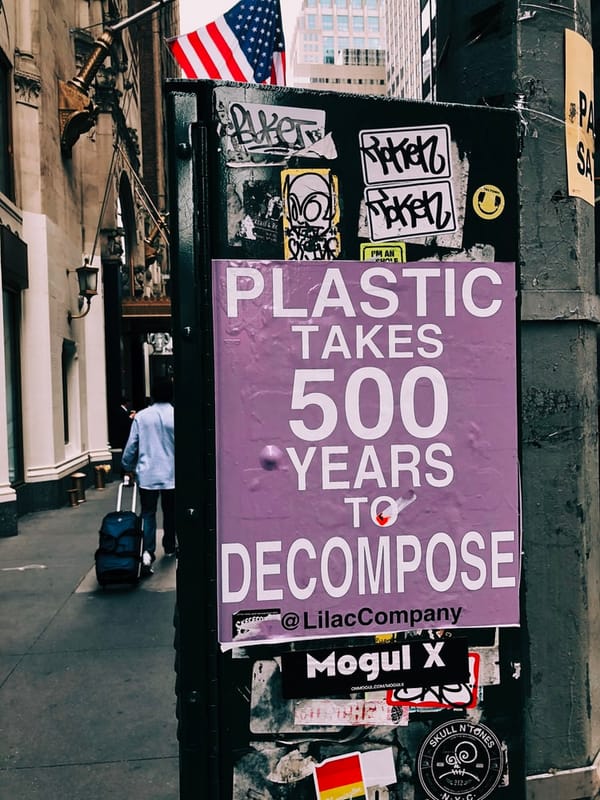SRI Policy Consultation Open to All Staff and Students
Sustainability editor Flora Dickie reports on concerns surrounding the SRI policy and the latest consultation process for fossil fuel company monitoring.

Many Russell Group universities, such as Oxford, Cambridge, and York have announced plans to withdraw investment in fossil fuel companies. Imperial has not.
Before 2020, Imperial did not have a responsible investment policy. Following pressure for divestment from students and staff (especially the Divest Imperial campaign group), a Socially Responsible Investment (SRI) Policy was launched in 2020 alongside a request for evidence. The central premise for this change was that the College’s investments should reflect its vision, values and mission. According to this new policy, the College should not invest in tobacco, illegal munitions manufacture, coal and tar sand extraction, nor fossil fuel companies that do not actively demonstrate that they are moving towards meeting the Paris Agreement targets.
Imperial will not commit to complete divestment from fossil fuels but it has developed a new policy
The SRI Engagement Group has recently opened a consultation to hear the views of all students and staff. The aim is to understand the best ways to engage with fossil fuel companies under the new SRI policy, principally looking at accountability, monitoring, influencing behaviour and when to divest.
Firstly, however, there are concerns that the SRI policy is not sufficient. The campaign group, Divest Imperial, told Felix that they “continue to reject Imperial’s current Socially Responsible Investment Policy”. Additionally, the campaign group highlights in their response to the consultation that the Paris Agreement goals are not ambitious enough and that aiming for net-zero by 2050 is a “lax goal” which allows warming up to 2˚ C (higher than pre-industrial levels). In their response to the SRI Engagement Group, Divest Imperial advocates that the SRI policy should be in line with the 2018 IPCC report. This report shows that to limit average global warming to 1.5˚ C energy production must completely decarbonise by 2030.



Furthermore, a member of The Grantham Institute told Felix that the SRI policy “should include a net-zero target for investments” and “would benefit from quantification in terms of direction and net-zero commitment as early as possible”. Therefore, measuring our decarbonisation success in relation to the targets laid out in the Paris Agreement is not ambitious enough - especially for a world-leading university like Imperial. The Grantham Institute also told us that they “previously submitted evidence for a change of policy towards divestment” and see divestment as “responsible and financially sensible”.
the consultation has not been widely publicised meaning that few students and staff members know about it
Divest Imperial has other concerns regarding the consultation and how it has been conducted, such as conflicts of interests of Engagement Group members, the validity of the “shareholder activism” strategy and the publicity of the consultation across the College. The consultation has not been widely shared, meaning many students and staff who are not directly involved with the cause are unaware that it is going on. Divest Imperial commented that they “believe that democracy within Imperial is important so that the views and expertise of staff and students can be represented”. It is good that the consultation is happening, however, there may not be meaningful results without high participation.
Despite this, Divest Imperial is contributing the consultation to highlight their concerns plus specific non-financial metrics for keeping fossil fuel companies accountable to decarbonisation by 2030.



The SRI Engagement Group will feed back these ideas from students and staff to the SRI Working Group and the President’s Board and form a framework of accountability for fossil fuel companies that the College invests in. The consultation closes on Monday, 22nd February.
Currently, the SRI policy is essentially words on a page, without any real implications for fossil fuel companies. It is essential to hear your views on how we can hold companies to account as this will shape divestment decisions and the College's research policy.
Make sure you submit a response if you have ideas on how to influence fossil fuel companies to decarbonise rapidly and pressurise a transition to renewable energy.








